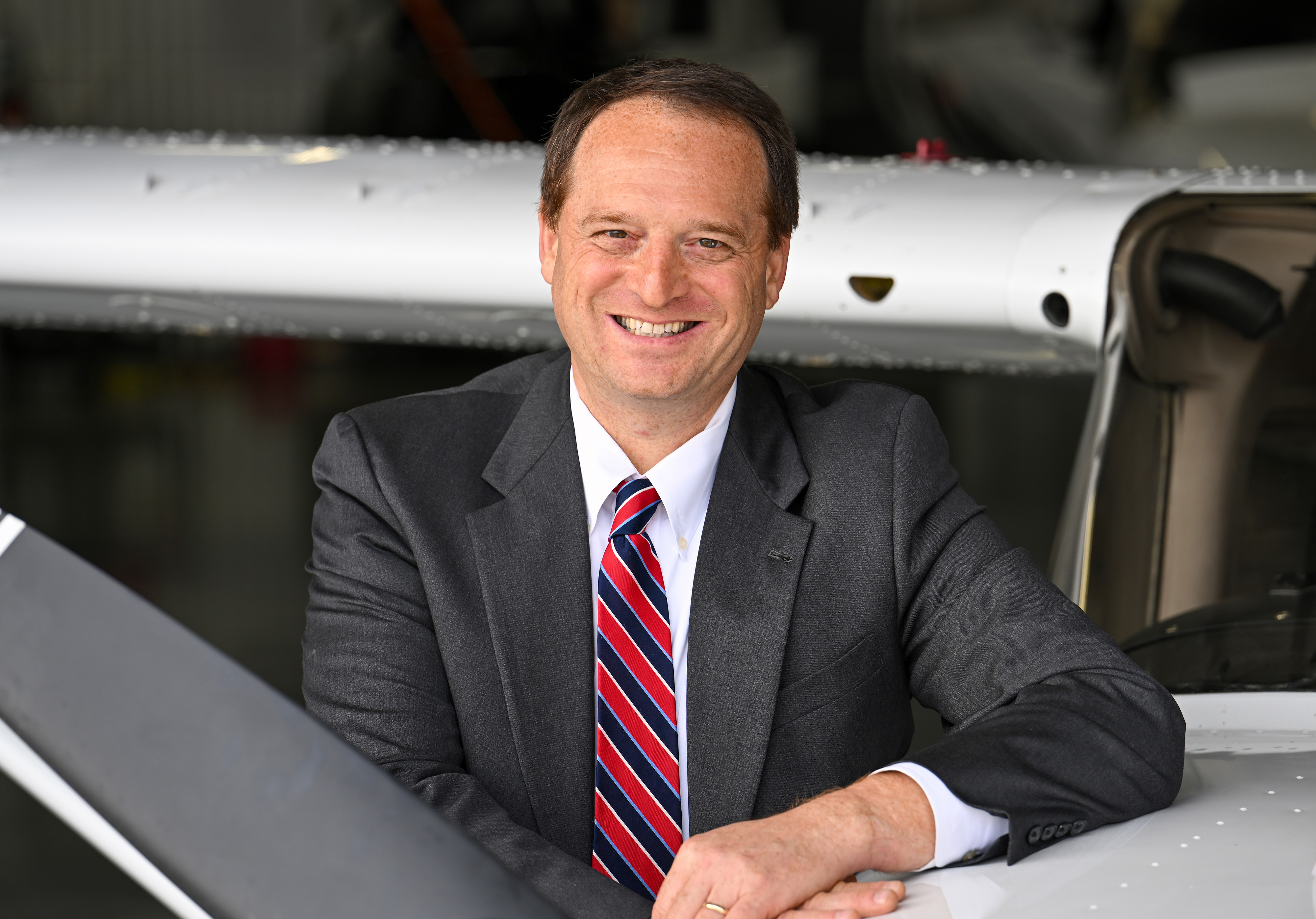The Daher (formerly Quest) Kodiak 100, at a maximum gross weight of 7,255 pounds, is among the larger aircraft that pilots using BasicMed will be allowed to fly under the expanded limits. Photo by Chris Rose.
Among other things, Congress made two meaningful changes to the definition of “covered aircraft” (i.e., aircraft allowed to be operated under the BasicMed rules). First, Congress increased the maximum certificated takeoff weight to “not more than 12,500 pounds” (up from 6,000 pounds). Second, Congress increased the number of occupants the aircraft is authorized to carry to seven (up from six). To correspond with this increase, Congress modified the BasicMed operating limitations by allowing for an extra passenger (now six, up from five). Soon, a BasicMed pilot will be able to operate an aircraft up to 12,500 lbs MTOW and authorized for up to seven occupants with six passengers onboard.
Operationally, nothing else has changed. A pilot operating under BasicMed is still limited to 250 knots or less, 18,000 MSL and below, and may not fly for compensation or hire.
So, when can you start taking advantage of this amendment? Even though the statute was amended when signed by the President, the regulations have yet to be updated (and that will take some time). While the Act includes a mandate for the FAA to update its regulations, there is no timeframe given for when the FAA must act. Fortunately, there is also an "applicability" paragraph which requires the FAA to “apply parts 61 and 68 … in a manner reflecting the amendments made by this section” 180 days after the enactment of the Act (i.e., November 12, 2024). Although the law has been enacted, we recommend waiting the full 180 days or until the FAA updates its regulations, whichever occurs first.
There's also some good news for DPEs. In section 815 of the Act, Congress opened the door for DPEs and other pilot examiners to utilize BasicMed to administer practical tests and proficiency checks “notwithstanding [FAR] 61.23(a)(3)(iv).” The FAA is developing the policy necessary for DPEs to perform their functions under BasicMed. The Act gives the FAA up to three years to promulgate the corresponding rules, which is in work now. This rulemaking will not hold up DPEs’ use of BasicMed; once the policy is complete, they can use BasicMed. Once the policy is out, we encourage DPEs to consult with their managing office before making the switch to avoid unnecessary issues.

Jeremy Browner
Jeremy Browner is a former AOPA Legal Services Plan attorney. He is also an ATP MEL & Commercial SEL Pilot, Commercial Glider Pilot, CFI, CFII, a Remote Pilot, and an Advanced Ground Instructor.






